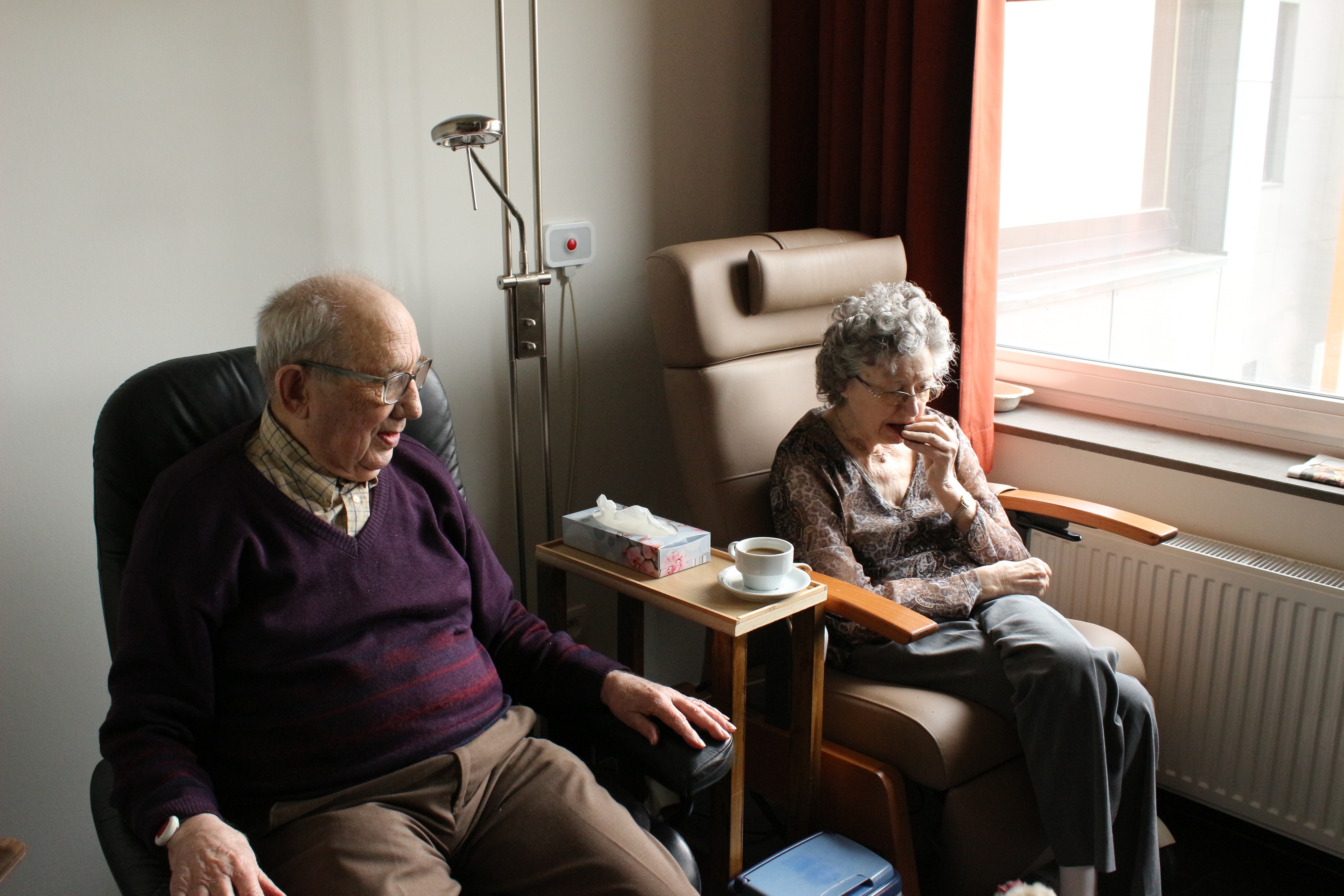Tips on Selling Your Parents’ Home

place holder sub title
Many of my real estate client’s parents are elderly. I get a lot of calls asking my advice about what to do with their childhood home when it comes time to move their elderly parents to some type of retirement home, or when they pass away. It’s a good idea to have a plan in place, especially if there are siblings involved, so that selling the house can go as smoothly as possible and the siblings don’t end up hating each other in the process.
I came across an informative article on Realtor.com by Margaret Heidenry that gave some great tips on selling your parent’s home. https://www.realtor.com/advice/sell/how-to-sell-parents-home-with-your-siblings/
Should you keep the home or sell it?
The first decision to make is if you will sell the home or keep it – either as a family home or a rental. Michael Mazek, a Chicago area attorney, points out that when it comes to deciding about the estate, there’s usually one sibling who doesn’t want to sell.
“The challenge is that essentially puts all the siblings into a business partnership,” says Mazek. And that’s the first potential landmine.
Usually what happens when siblings decide to keep the home is that the workload isn’t evenly divided amongst them, especially if someone lives in another part of the country. It can set the stage for a battle between brothers and sisters over money or who’s doing the most work.
“That’s why it’s usually best to sell the property and use those funds to purchase individual investments or simply keep the profits,” says Mazek.
What if one sibling refuses to sell?
Says Heidenry: “If one sibling wants to keep the home, he or she can buy the others out for their share of the home’s fair market value. However, if a buyout isn’t an option, even just one sibling generally has the right to force a sale even if the majority are against it.
The process is called “partition by sale,” and the net proceeds are divided among the owners.
“Generally the property will be sold at a sheriff’s sale, which is a court-ordered sale most frequently used in foreclosure auctions,” says attorney Richard Winblad of WinbladLaw.com, in Edmond, OK. The minimum winning bid must usually equal at least two-thirds of a home’s value. For instance, a property worth $200,000 can sell for $133,333.
Still, a partition by sale is hardly ideal, since you could have sold the house at market rate and made a whole lot more! This is why siblings should do their best to cooperate in order to avoid a courtroom drama.”
Is it better to sell the house “as is” or for top dollar?
One of the most important decisions to make if you decide to sell your parent’s home is to determine what the condition the house is in to sell it. If the house is sold “as is” without making any upgrades, then chances are good that the home will sell for a lower asking price. It can make sense to sell the home “as is” if the siblings live out of the area and can’t manage the home improvements required prior to the sale.
Another consideration is how much work will need to be done to the home. If it’s a complete renovation, then selling it “as is” makes more sense. Major renovations take time, money, and patience. If the stress of selling the home is already having a negative impact, then selling “as is” for a lower cost can be a lifesaver.
Many people like the idea of buying an estate sale and then making the changes to suit their style. My husband and I specifically looked for an estate sale when we bought our first home together. We wanted a home that had good bones but needed cosmetic updates. We purchased at a good price and we know that we will not over-improve for the neighborhood when we renovate our home. It was a win-win for us and for the siblings selling their parent’s home.
However, if the necessary renovations are easy and quick, and it’s possible for the siblings to do them, then it makes sense to do them to get a higher asking price. Whoever pays for the upgrades should get a refund at settlement.
Can’t agree on a price? An appraisal will resolve the issue
Emotions can run high and sentiment surrounding a family home may make determining the sales price a challenge. One way to have an unbiased assessment of the home’s value is to have an appraisal done.
While appraisers typically work for lenders to determine if a property is worth backing with a mortgage, they can also work directly for sellers to come up with a fair price for the home. The few hundred dollars spent on an appraisal will go a long way in having the home priced appropriately and avoiding conflict with siblings.
Of course, the real estate agent that will list the home can also show you comparable sales and help determine the listing price. But if the home is unique or in an area where comps aren’t readily available, or if the siblings want someone who’s more objective to suggest the price, then an appraiser is definitely worth the $300-$400.
If you decide to sell, chose one person to oversee the transaction
“We all know the saying about too many cooks in the kitchen. So siblings should decide on a point person who will communicate with both the family and the real estate agent, and generally manage the transaction from the selling side. If multiple siblings give instructions, your agent and potential buyers may get conflicting information that could derail the transaction.”
Margaret Heidenry is a writer living in Brooklyn, NY. Her work has appeared in the New York Times Magazine, Vanity Fair, and Boston Magazine.




Leave A Comment